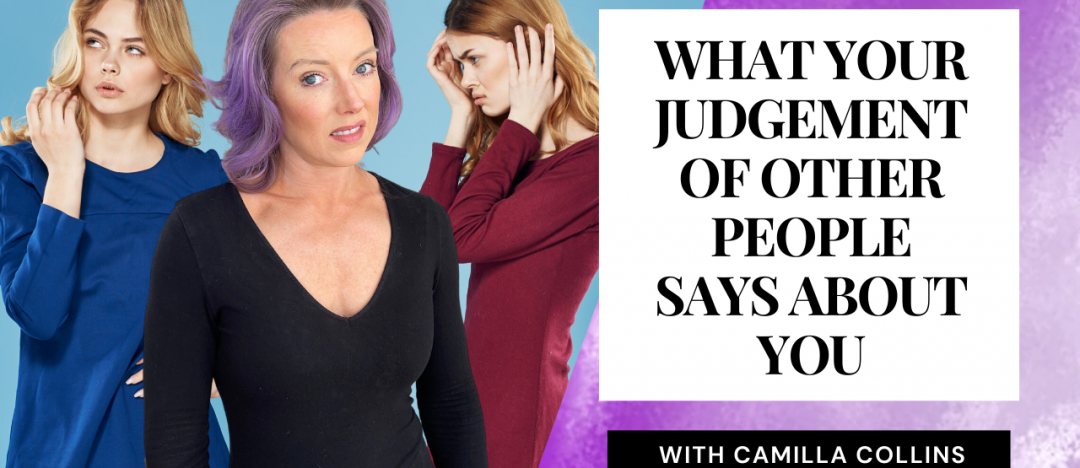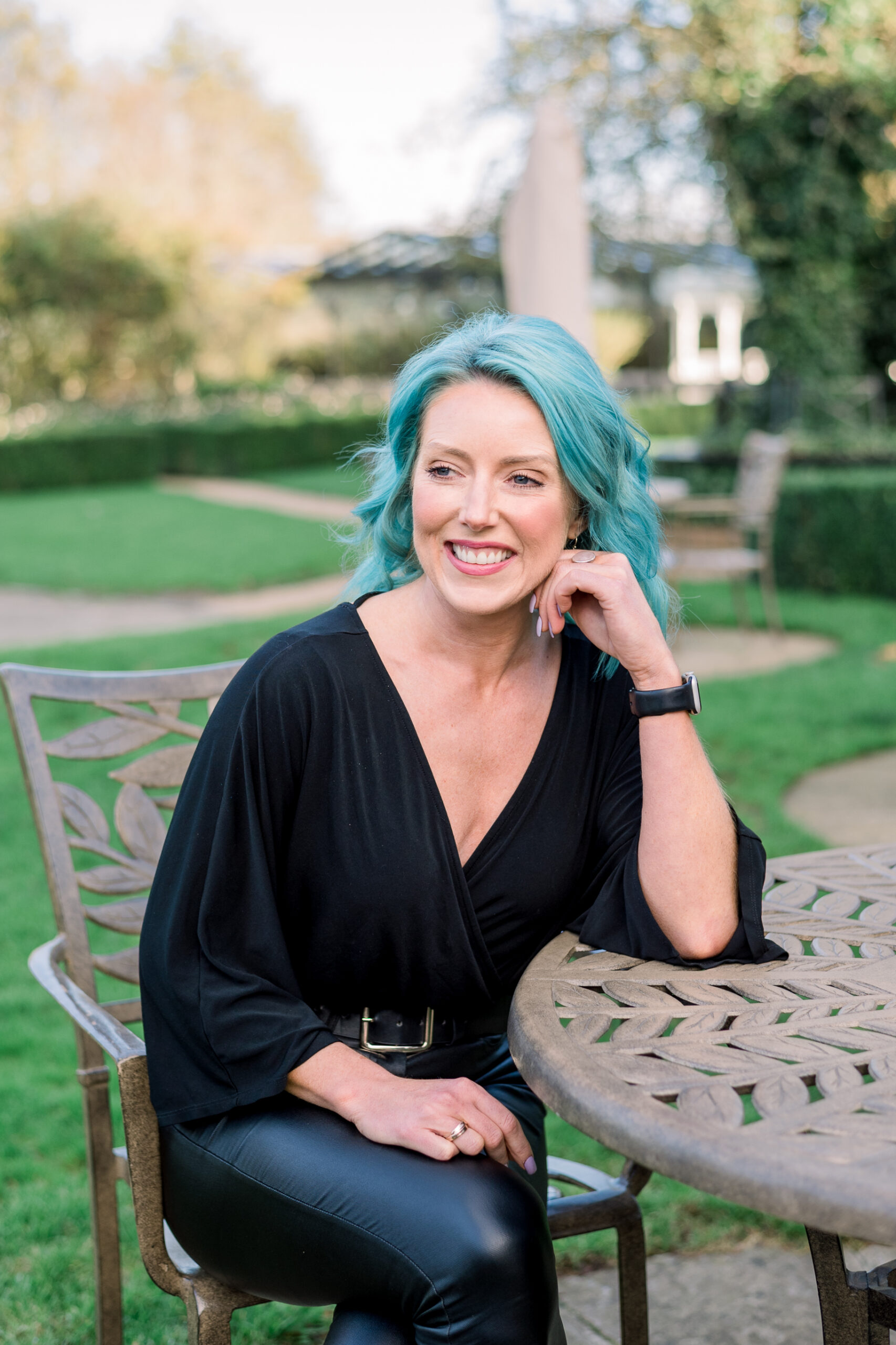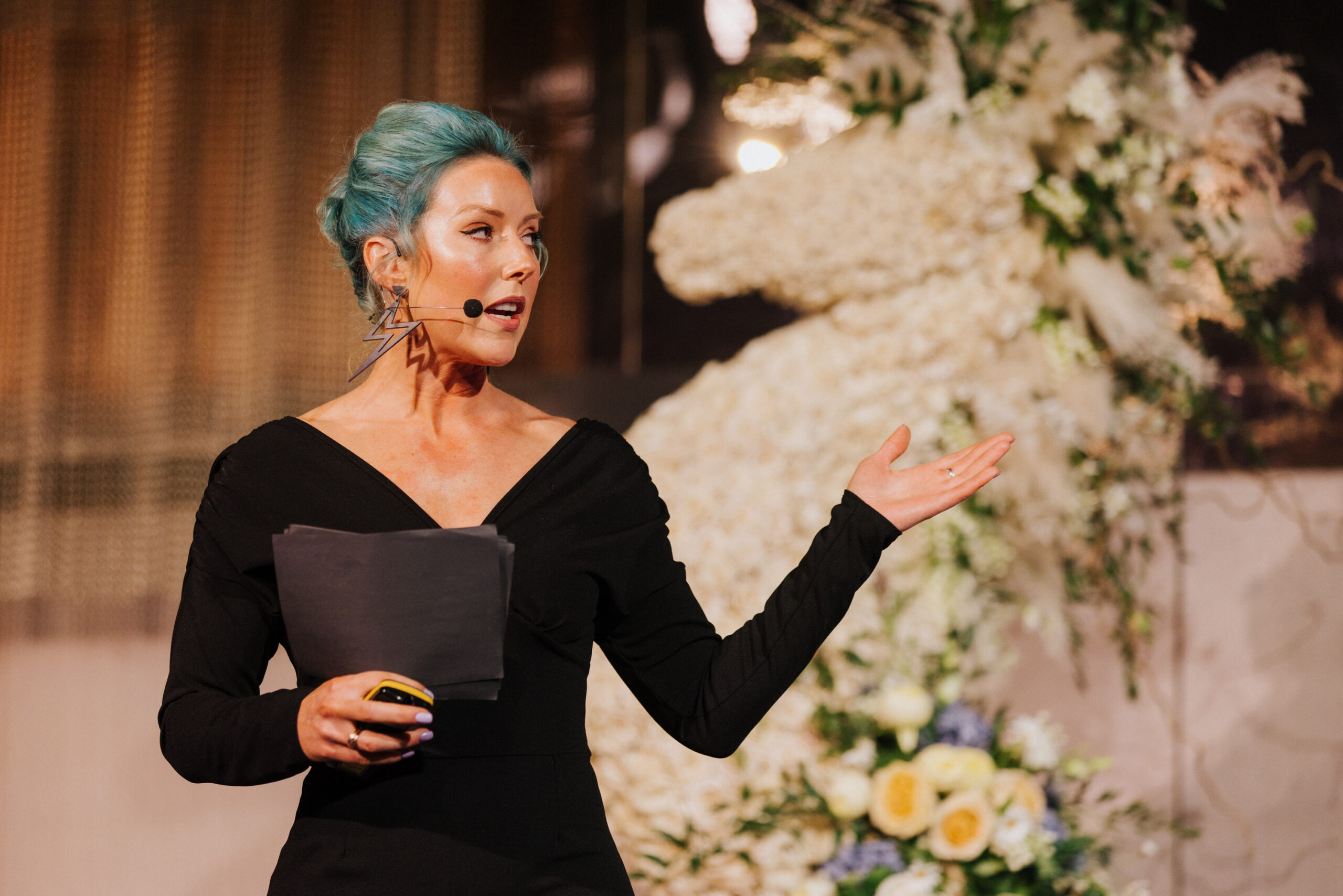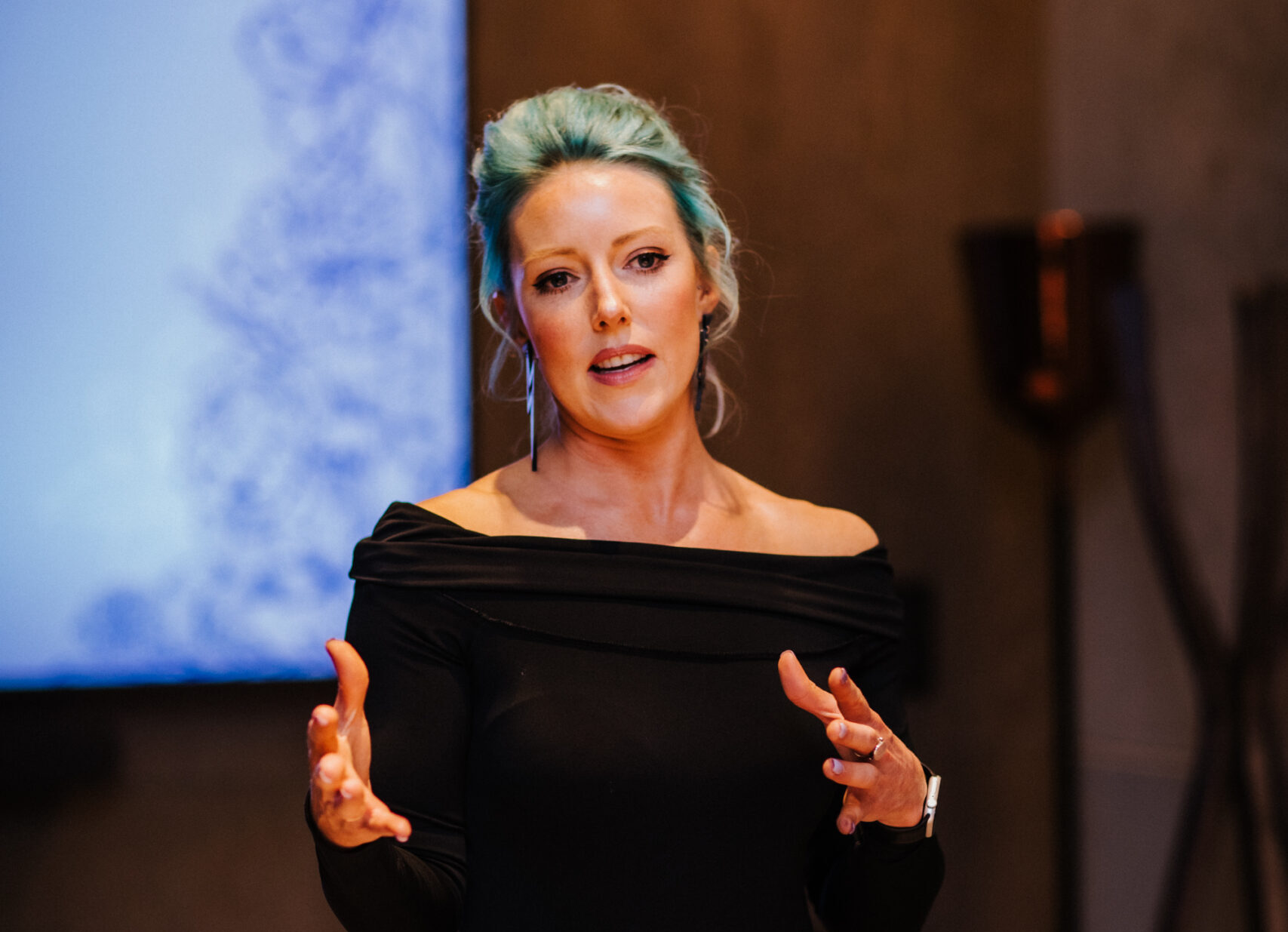“everything that you see in others exists in you”
Think about that for a minute…
We can be very quick to pass judgment on others but too slow to reflect on ourselves.
But your judgment of another person says more about you than it does about them.
Because we only know what we know, and so we can only recognise in others what we have already recognised within ourselves – even if that’s on a subconscious level.
Everything outside of us is a reflection of ourselves internally.
So what we perceive on the outside is dictated by what’s going on, on the inside.
While this may be a tough pill to swallow, we can actually use this to our advantage.
If we see something we don’t like in another person then that’s a really good indicator of the specific areas we need to address or work on.
Because often the traits that we don’t like in other people are actually the traits that we have within ourselves.
Think about it, if you weren’t aware of it then you wouldn’t notice it, and therefore would have no reason, or desire, to judge.
Your judgmental thoughts could be indicating a whole host of insecurities – it could be on an identity level, some hidden resentments, or perhaps your perceived weaknesses and faults.
Projection is a defense and control mechanism to try and deal with things that we cannot accept about ourselves.
And in some cases can result in false accusations.
Such as people who are cheating on their partners but accuse their partners of cheating.
Or someone who has a behaviour that they can’t control – this may be anger or perhaps an addiction – and points it out in others with comments like “you need to control your temper”
or “I think you drink too much”
We use projection to deflect and as a barrier and coping mechanism so as not to have to face things that we don’t know how to handle or deal with.
It’s assigning our own feelings about ourselves on to others because we cannot accept them within ourselves.
It’s nothing more than passing the blame. And doing that makes you a victim as you’re not taking responsibility of yourself.
But instead of projecting onto others and essentially running away from them, we have to face them in order to heal or overcome the negativity we feel towards our self.
So let’s just look at projection for a minute.
There are three generally accepted types of projection:
Neurotic projection – which is probably the most common, and the one that most clearly meets the definition of defense mechanism.
In this type of projection, people can attribute feelings, attitudes, or motives, that they find unacceptable in themselves to someone else. Which is what I’ve just mentioned.
But there is also CompLEmentary projection which occurs when you assume others feel the same way that you do. For example, a person with a particular stance or viewpoint on something might take it for granted that friends and family share those beliefs also.
And then there is CompLImentary projection which is the assumption that other people can do the same things as well as you. For example, an accomplished makeup artist might take it for granted that other people can do their makeup well. As a makeup artist, I don’t do this but I have to be patient with my parents when it comes to technology!
So as I said in my previous video, if you ask better questions then you get better answers and this will allow you to uncover what is really going on so that you can work through it.
So when you find yourself judging someone, ask yourself, what is being reflected back at you?:
“What exactly is it about this person that I strongly like or dislike?”
“Do I behave like they are behaving?”
“Have I ever behaved like they are?”
“What is this teaching me?”
“How can I use this information?”
“What can I do, or what action can I take that would allow me to work through it?”
And also notice the positives and ask the same questions – it’s beneficial to take an intentional moment to recognise the good traits within you as it builds self-awareness.
We can only love and accept others to the degree that we love and accept ourselves.
No amount of love and acceptance from others will make you fully love and accept yourself. You need to provide that for you.
Remember, what we focus on the most we attract into our lives – this works for both positive things and negative.
I promoted raising your curiosity, open-mindedness and flexible thinking in the last post, and this is exactly what will allow you to more easily recognise the lessons that are coming up for you each day within the people that you come across.
Always look for the lessons and think of every person you meet as a teacher.
And when you find yourself judging another person, bring your thoughts back around to yourself and look within to see the areas that you need to work on.
None of us are perfect, we all have work to do and this exercise will build your compassion for others as well as your compassion for yourself.
So look at it as people who show up in your life as a feedback mechanism and a prompt to look within and either better or in some cases, heal yourself. People tend to also show up at the right time so keep that in mind too.
Remember, the people who cause a negative reaction within you can actually be your greatest teachers.
If you could use some help deciphering life’s cryptic messages and working through life’s lessons then get in touch as I’d love to hear from you and see how we can work together!





